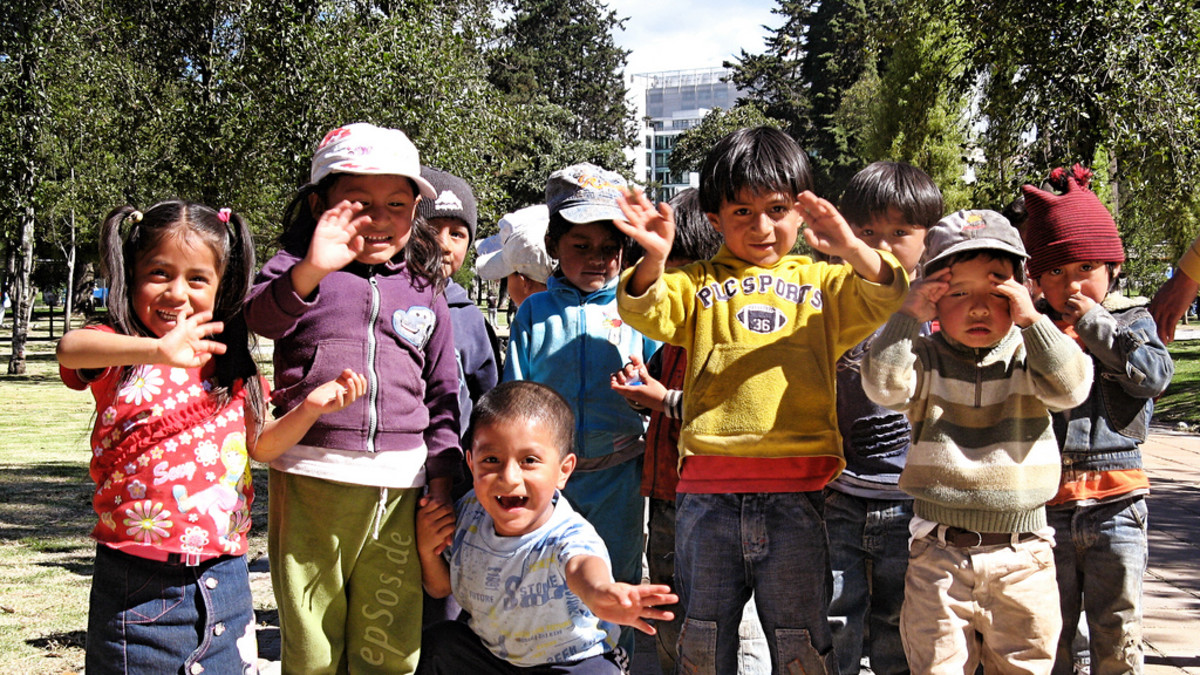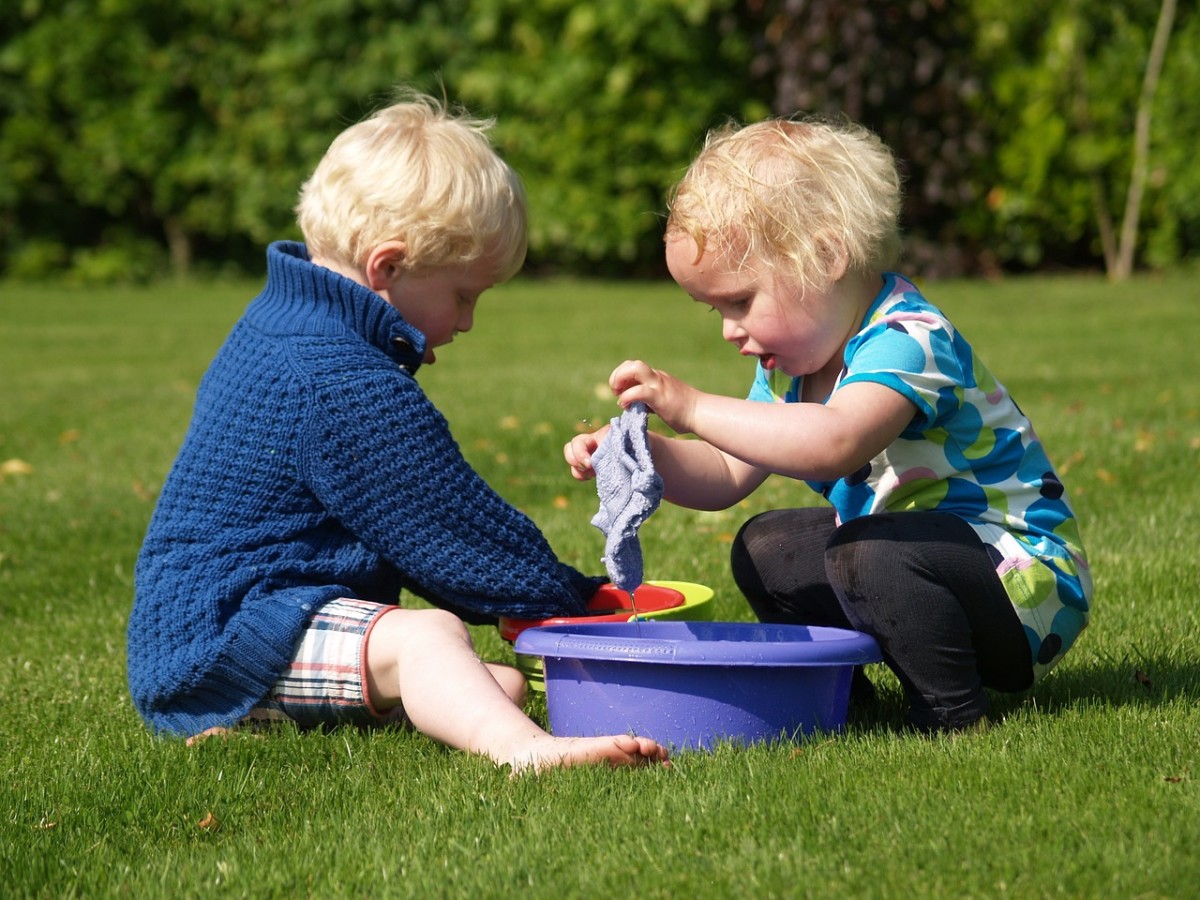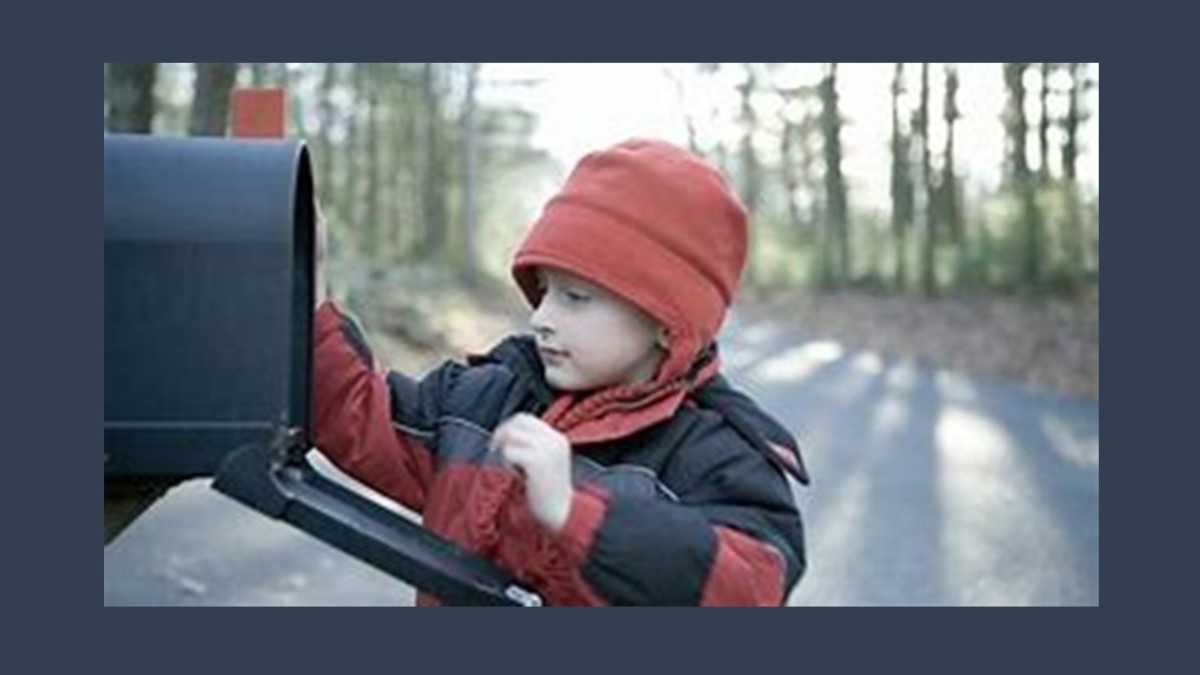How to Pass On Family Traditions to Our Children

Family Traditions
There are only a few things that every family truly holds dear to its heart and traditions form part of these. Family traditions that have been passed on from generation to generation are like torches that have to remain lit to serve as guide for coming home to all its members. Our parents have successfully passed on the torch, now it is our turn to do so. So how do we pass on family traditions to our own children?
Parents Take the Lead...
Parents have the responsibility of taking the lead in forming the character of their children. It is not the other way around. Giving our children a certain leeway in decision-making appropriate to their level is healthy but allowing them to decide for everything is downright irresponsible. There has to be specific rules and guidelines laid down in a household and these should be instituted by parents for a semblance of order. Incorporating the observance of family traditions in child rearing is one way of providing a sense of stability and constancy in our world widely characterized by rapid change.

...and the Children Follow
Young children are like vessels which can be filled up with ideas, aspirations and values. Although they ultimately hold their own destinies, what parents give or fail to give them in terms of proper guidance largely determines the foundation of their future decisions. Genuine love for family and what it represents does not come by accident. Children take their cue from their parents which they tend to look up to regardless of their actual fitness for the parenthood role.

Passing on Family Traditions
Families can choose to honor long-time traditions while starting their own. Combining the old and the new is the stuff which rich and memorable family traditions are made of. The secret lies in laying the grounds for continuity.
- Introduce children to established family traditions. Children will have no way of knowing about these treasured traditions unless they get introduced to them by their parents and elders. The earlier this is done, the better results for acceptance and cooperation are expected. Younger children are generally more willing to follow.
- Ensure children's participation in family activities. Providing children key roles to do in family activities give them a sense of pride and responsibility. This allows cooperation to happen more naturally because of their awakened genuine interest. Being an active participant always beats being a passive on-looker when the aim is to get the children's attention.
- Imbibe future responsibility without appearing too forceful. When family traditions are passed on, so does responsibility. The active participation of children in family activities is actually just a prelude to their future responsibility of being in charge when the time comes. It is important therefore to teach the importance and relevance of family activities while children get to enjoy and have fun.
- Create family traditions which your own children can identify with. Family traditions should not be merely confined to existing ones. Children can benefit from traditions that are considered personal to their own families. These newly-formed traditions can be a family's own best-kept secret or shared with relatives and friends.
- Instill reasonable rules to encourage family acceptance. Children's participation and cooperation in family activities will not always be guaranteed. This is why parents have to lay down ground rules that will help push their children towards the right direction. Young minds are typically less challenging in matters that are clearly non-negotiable.
With enough encouragement and guidance from parents, children are bound to do right when it comes to family traditions. The positive experience they derive from it will require less parental prodding and referencing to family rules. Most children who have been brought up in an environment that operates within a set of mutually-accepted rules actually ease up to their grown-up responsibilities with more grace and happiness than a lot of adults can hope for.









